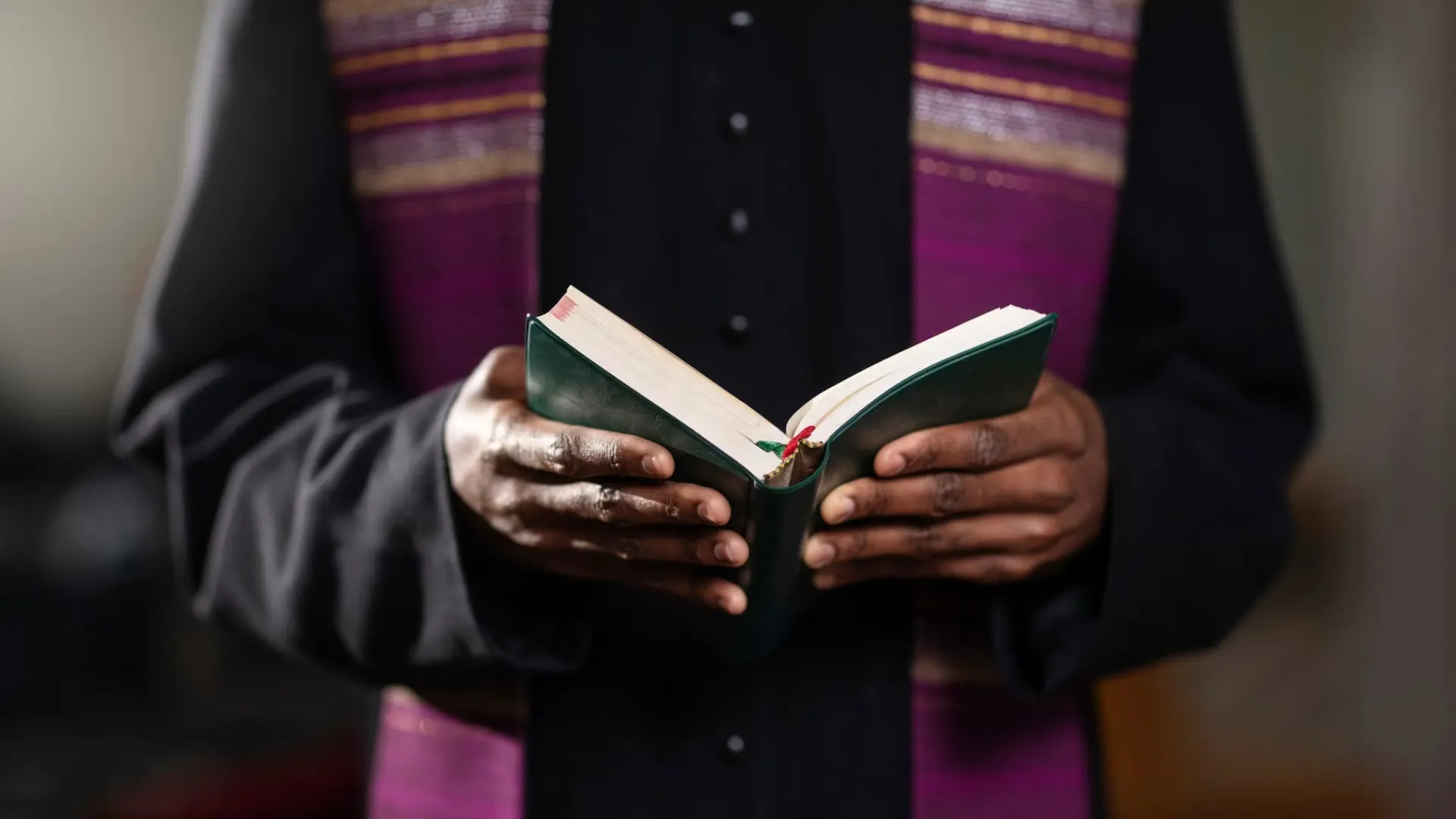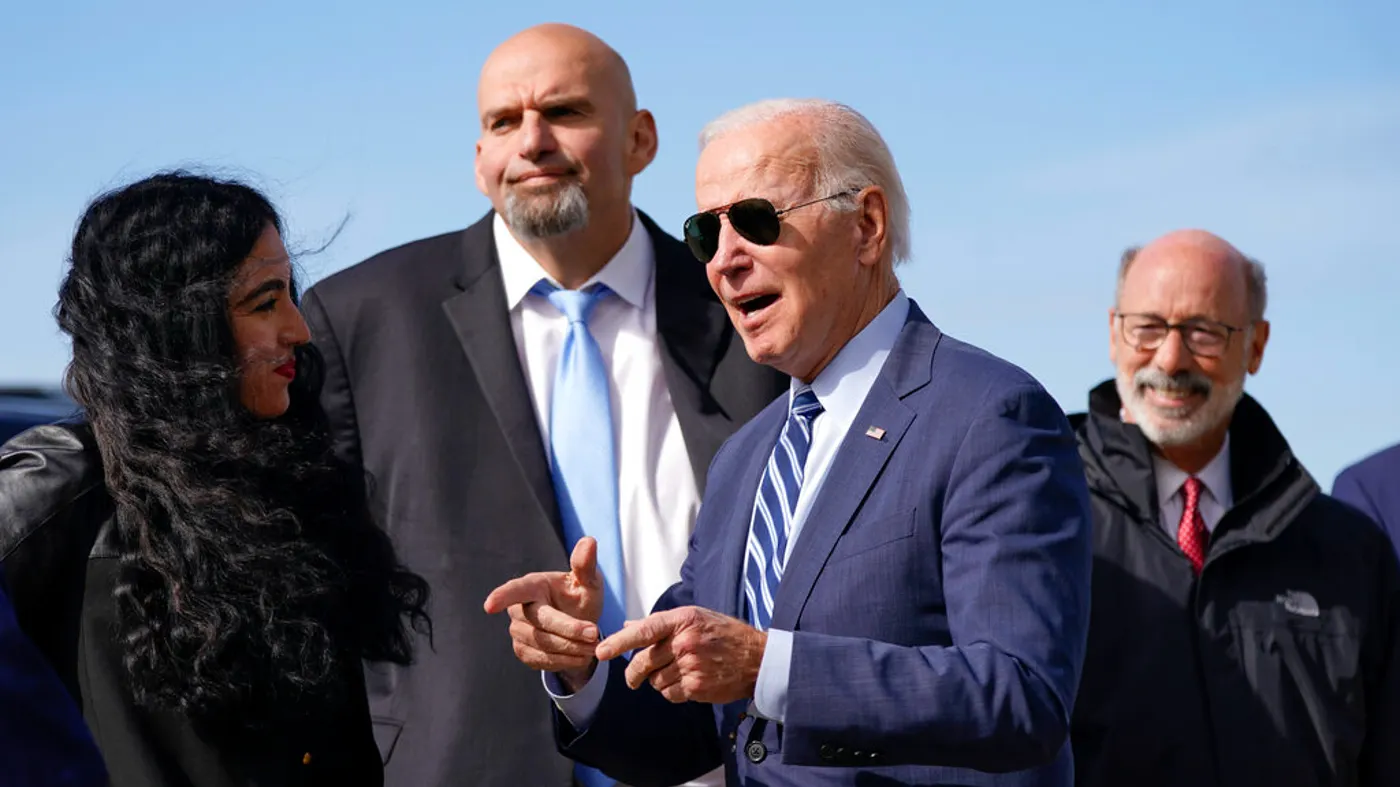Pastor Sustainability
There has been a lot of talk about sustainability in the news. Sustainability is the ability to meet the needs of the present without compromising the availability of needs and resources for the future. As I consider this issue, I can’t help but to relate this to the many people I know who are Pastors.

As pastors and leaders, we are continually faced with the challenges of providing guidance, support, and care to our congregations and communities. The demands of these roles often leave us drained and depleted, leading to stress and burnout, which makes it crucial for us to prioritize personal care.
Therefore, pastors need to start thinking in terms of sustainability for our own well-being. Recently, I have been reading books about Self Care and found two books in my library, "Rest in the Storm" by Kirk Byron Jones and "An Unhurried Leader" by Alan Fadling. By integrating the wisdom from these books, pastors can create a more sustainable and effective approach to leadership.
In "Rest in the Storm," Kirk Byron Jones talks about the necessity of self-care for clergy and other caregivers. The book tells about the importance of setting boundaries, establishing healthy routines, and incorporating self-care strategies to prevent burnout and maintain our well-being. As leaders, we must recognize that we can only provide care and guidance to others when we ourselves are at our best mentally, emotionally, and physically.
"An Unhurried Leader" by Alan Fadling offers insights on how slowing down and deepening our relationship with God can lead to more effective leadership. Fadling argues that unhurried leaders are better listeners, discerners, and responders to the needs of those they serve. By embracing an unhurried approach to leadership, we allow ourselves the time and space needed to recharge and remain focused on our mission.
To create a more sustainable leadership style, we pastors must learn to do a few things well.
First, pastors must learn to set boundaries. We have to take time for rest, prayer, and personal growth. This means establishing boundaries that protect your personal and family life from the demands of your leadership role.
Secondly, we must develop healthy habits by incorporating exercise, proper nutrition, and regular sleep into our daily routine.
Third, we have to find time to practice mindfulness and meditation. Meditation can be a spooky word in the church, as people associate it with other religions. However, meditation is referred to in the Bible. Mindfulness and meditation are just words that describe a time to connect with God through prayer and reflection without any distraction. This helps to cultivate inner peace and resilience, enabling you to lead with greater clarity and wisdom.
Fourth, surround yourself with fellow pastors, leaders, and mentors who share your values and can provide encouragement, accountability, and support as we journey together to do what God has called us to do.
Finally, seek counseling or coaching. As a pastor and life coach, I understand the unique challenges and demands that come with leading a congregation. My passion is to help fellow pastors like you.
Are you ready to make yourself a priority? Don't wait any longer. Invest in yourself as a pastor and leader. Schedule a life coaching session today and begin your journey towards a more sustainable life.
About the Author










